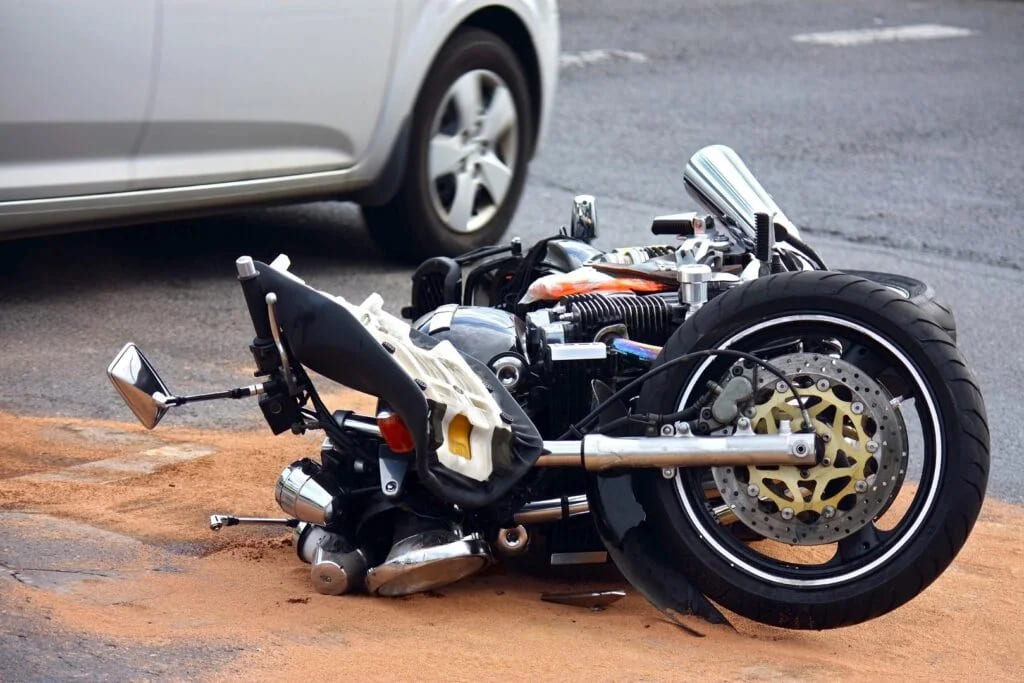The Legal Rights of Injured Motorcyclists in Ride-Sharing Accidents
With the increasing popularity of ride-sharing services, more and more individuals are opting for motorcycles as a cost-effective means of commuting. However, being involved in a ride-sharing accident can be an experience that leaves motorcyclists injured and searching for answers. In this article, we will delve into the rights of injured motorcyclists who find themselves in ride-sharing accidents, providing valuable information to help them navigate through this challenging situation.
Understanding Ride-Sharing Accidents
Ride-sharing accidents involving motorcycles tend to be complex by nature, often necessitating an investigation to determine fault and liability. Riding a motorcycle inherently carries risks due to its vulnerability on the road compared to other vehicles. When an accident involves a ride-sharing driver, it further complicates matters. You can read more about the legal intricacies of ride-sharing accidents and seek legal assistance here.
Factors determining liability
Establishing liability is of critical importance for any injured motorcyclist seeking compensation after a ride-sharing accident. Several factors come into play when determining liability, including:
- Negligent Car Drivers: In some instances, car drivers fail to pay adequate attention while sharing the road with motorcyclists. Negligent behaviors such as distracted driving or failure to yield the right of way can have severe consequences for those on two wheels.
- Motorcyclists’ Negligence: Although it’s not always the case, there are situations where the negligence of an injured rider can contribute to an accident. It’s crucial for motorcyclists to exercise caution and follow traffic regulations at all times.
- Responsibility of Ride-Sharing Companies: Ride-sharing companies may also hold some responsibility if their drivers engage in behavior that leads to an accident. Holding them accountable can add complexity, but it becomes necessary in certain situations.
Insurance Coverage
Understanding insurance coverage specific to ride-sharing accidents involving motorcycles is vital when seeking compensation for injuries sustained in such incidents:
- Personal Injury Protection (PIP): PIP coverage provides benefits for expenses and lost wages regardless of fault, but motorcycles are often treated differently from passenger vehicles and may not be covered by this type of insurance.
- Insurance provided by Ride Sharing Companies: Most ride-sharing companies offer insurance coverage for their drivers while they’re working. The extent and amount of coverage may vary depending on the stages of a ride (such as going offline or waiting for a request en route to pick up passengers or transport passengers). Injured motorcyclists would need to find out the policy details from the ride-share company involved.
Exploring Legal Options
When facing a motorcycle accident while using a ride-sharing service, there are avenues to consider for seeking compensation for any injuries sustained:
- Filing Personal Injury Lawsuits: If the accident and resulting injuries were caused by someone’s negligence, it may be possible to file a personal injury lawsuit. An experienced personal injury lawyer can assess the strength of your case and guide you through the legal processes.
- Pursuing Product Liability Claims: In cases where defective motorcycle equipment or parts played a role in causing the accident, you might have grounds to pursue a product liability claim against the manufacturer or distributor.
- Workers’ Compensation for Delivery Drivers: If you were operating as a delivery driver under contract with a ride-sharing company at the time of the accident, you could be eligible for workers’ compensation benefits according to state laws.
- Utilizing Uninsured/Underinsured Motorist Coverage: Depending on your insurance policy, uninsured/underinsured motorist benefits may offer relief if the responsible party lacks insurance coverage or has no insurance at all.
Seeking Legal Representation
Considering the complexities involved in ride-sharing accidents that involve motorcycles and multiple parties, it is advisable to seek guidance from a personal injury attorney. An attorney can assist in determining who is responsible, collecting evidence, negotiating with insurance companies on your behalf, and taking action if necessary.
Conclusion
When it comes to ride-sharing accidents involving motorcycles, establishing liability and seeking compensation can be particularly challenging. Motorcyclists who have been injured should understand their rights and the different legal options available to them for seeking the justice they deserve. By having an understanding of these aspects, they can confidently navigate through this process while safeguarding their rights following a ride-sharing accident. It’s important to remember that each case is unique, so seeking guidance from an attorney is essential for advice based on your specific circumstances.











